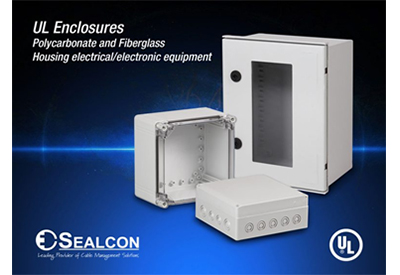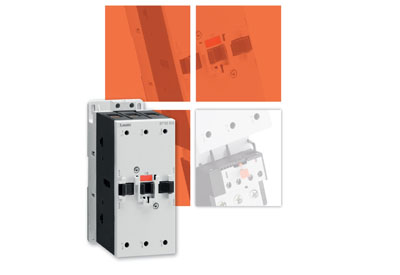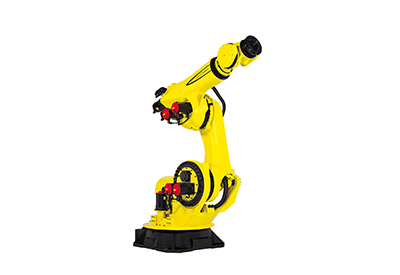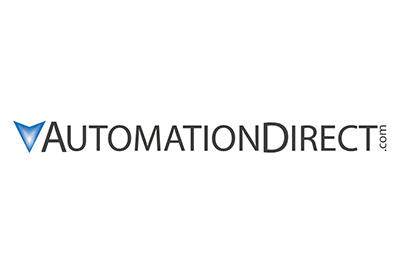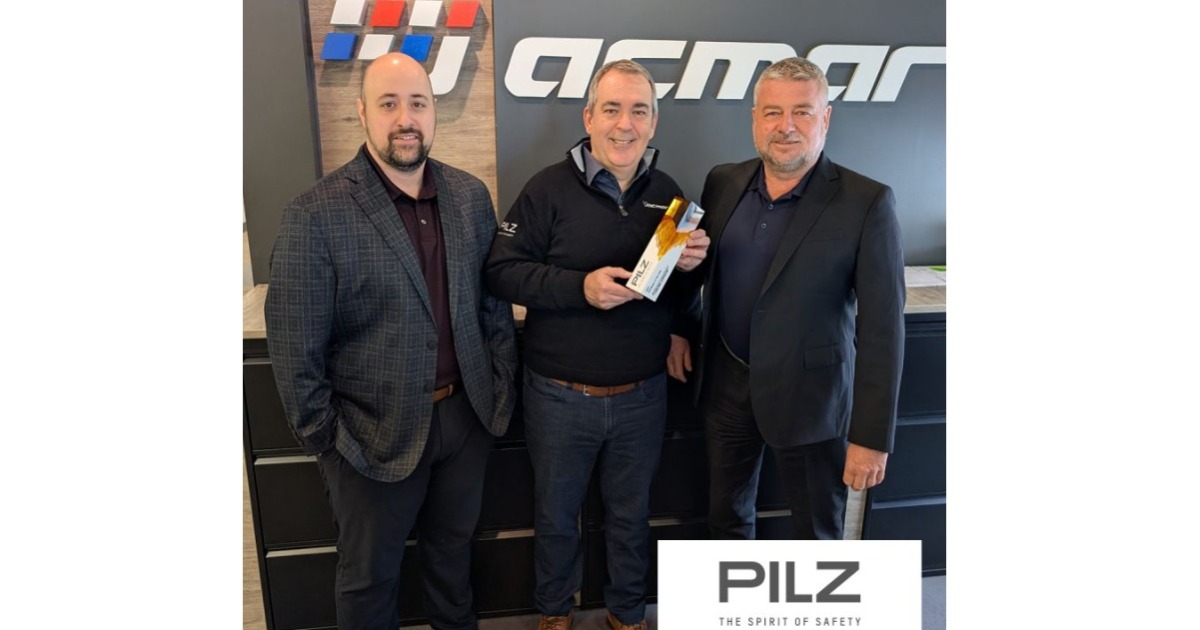The MX-System: Where the Controller Becomes a Modular Control Cabinet
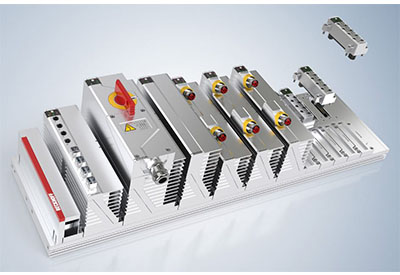
November 24, 2021
The new MX-System from Beckhoff is quite simply a revolution in control cabinet construction. With the launch of this system, the company now offers a flexible, space-optimized, and intelligent system solution that completely replaces the conventional control cabinet in a bid to revolutionize control cabinet construction and automation altogether.
When it comes to the automation of machines or plants, system supplier Beckhoff Automation offers virtually all of the required components in a wide performance range, with TwinCAT control software, IPCs, controllers, I/Os, drives, motors, power supplies, and cables laying the foundations for high-performance automation. At the same time, Beckhoff also has a great deal of experience in control cabinet construction, which the company that now employs around 250 staff has been involved in since it was founded over 40 years ago. The new MX-System channels a combination of the company’s knowledge of system and component technology along with its practical application experience.
The MX-System is a uniform modular automation component that can be used to completely replace traditional control cabinets with modules in many applications. The system consists of a robust aluminum baseplate in protection class IP67 with integrated module slots that feature EtherCAT for communication and an integrated power supply (safety extra-low voltages as well as 400 V AC and 600 V DC). The largest expansion stage can even accommodate a connected load of 400 V AC/63 A. Corresponding modules are available for the mains connection and all other control cabinet functions. When it comes to connecting the field level, the modules use connection plugs that have been tried and tested for many years in the field of automation technology. A system combination of baseplate and modules has a protection class of IP67 and can be mounted directly on the machine. The system reduces the amount of effort involved for the manufacturer, especially during the planning and installation phases, while the integrated diagnostic functions reduce the complexity for the end user. This all combines to result in a modular control cabinet system with a high protection class that can be mounted on the machine without the need for additional protective housings.


